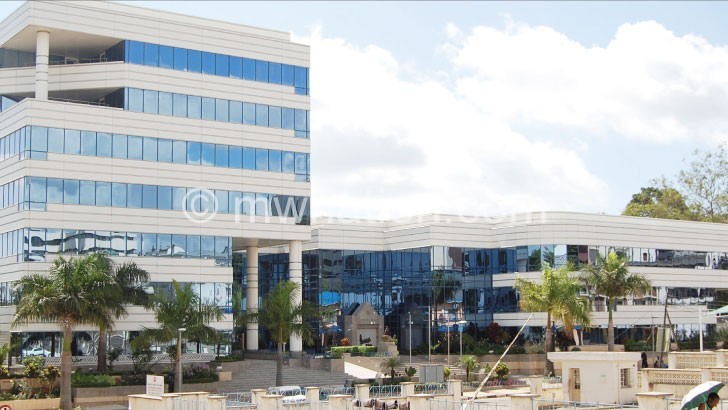‘Policy rate likely to be maintained’
Economic commentators say they expect the Monetary Policy Committee (MPC) to maintain the policy rate at its next meeting scheduled for January 29 and 30 in Blantyre.
The country’s policy rate-the rate at which commercial banks borrow from the central bank-has been at 16 percent since it was last revised downwards by two percentage points in December 2017 largely due to the easing of the inflation rate among other factors.

Recently, inflation has been rising with November inflation at 10.1 percent, a move that analysts earlier said could force the Reserve Bank of Malawi (RBM) to raise the policy rate which could, therefore, compel commercial banks to increase bank lending rates, currently at between 23 and 27 percent.
Responding to a questionnaire on Tuesday, Old Mutual Investment Group head of listed investments Cuthbert Mnyenyembe said the firm’s research department is of the view that MPC will unlikely change the Policy Rate from 16 percent at the first meeting of 2019.
“The reason for the expectation to maintain the rate at 16 percent is that the target premium over inflation is six percent, implying that for the Policy Rate to be above 16 percent, inflation should be more than 10 percent.
“Although our projected inflation rate for December 2018 is 10.6 percent, which translates to a Policy Rate of 16.6 percent, we believe the favourable outlook of inflation in the medium term would mitigate against the Policy Rate hike,” he said.
He added that should the MPC raise the Policy Rate, it would be a clear indication that inflation will firmly remain above 10.6 percent in the medium term.
Alliance Capital Limited research manager Bond Mtembezeka said the firm expects MPC to maintain the policy rate at 16 percent because there is no cause for alarm at this point.
“The rise in year-on-year inflation is basically on account of unfavourable base effects. However, on a month-to-month basis, headline inflation has been declining,” he explained.
Nico Asset Managers chief executive officer Emmanuel Chokani agreed with Mtembezeka that the authorities would rather maintain the policy rate because agricultural production is still in its early phases.
Argued Chokani: “A better picture would have emerged possibly March or April, once the first or second round crop estimates are available.”
Chancellor College economics professor Ben Kalua said he also expects the MPC to maintain the current policy rate.
“We expect that there will be some politics in this because there is too much pressure from the financial services sector mostly because of the Interest Capping Bill; as a result we expect the committee to hold the policy rate,” he explained.





